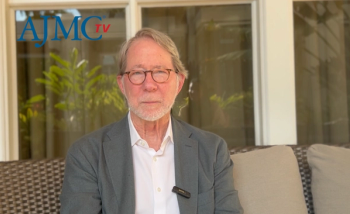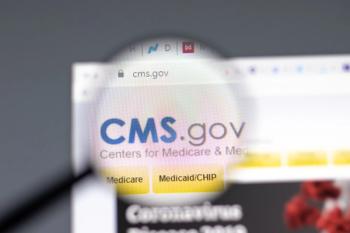
Who Pays for Drugs When A Patient Enters Hospice? It's About to Get Complicated for Part D Plans
Hospice has long been seen as a solution to achieving both quality of care and cost control at the end of life. The arrival of Medicare Part D has raised concerns that some drugs are paid for twice, but efforts to fix the problem will shift some burdens on to Part D plans, according to The American Journal of Pharmacy Benefits.
PLAINSBORO, N.J. — To its advocates, hospice offers a way to bring dignity and high quality care at the end of life. A capitated payment system meant that care would cost less than remaining in the hospital, too. But the arrival of Medicare Part D changed the equation, and raised concerns that some drugs were being paid for twice, a situation that the Centers for Medicare and Medicaid Services (CMS) was determined to fix.
After an unsuccessful reform effort this spring, CMS is poised to put a new set of rules, or “guidance,” in place on October 1, 2014. The policy, in short, outlines who pays for drugs under what circumstances. The changes will cause new complications for Medicare Part D plans, according to a new
Under the guidance, the hospice will pay when the drug is used for palliation and/or management of the terminal or “related” condition. Part D will pay when a drug is prescribed for an unrelated condition. The beneficiary will pay if the drug used for palliation of pain and/or symptom management but the hospice deems the drug unnecessary, or the drug is not on the formulary and the patient opts not to try a formulary drug first.
Authors Stephen Altenburger, PharmD; Maureen Miller, MPH, BSN; and Wendy Weingart, MS, RPh; foresee several implementation challenges for Part D plans with the new policy, which they outline:
- Increased administrative burdens
- Part D plans will become the “gatekeepers,” charged with ensuring that each drug is billed to the correct payer
- Increased reconciliation efforts, including more retrospective reviews
- System modifications will be required
- New audit risks, with the burden of proof shifting from hospice to Part D plans.
About the Journals
The American Journal of Managed Care, now in its 20th year of publication, is the leading peer-reviewed journal dedicated to issues in managed care. Other titles in the AJMC family of publications are The American Journal of Pharmacy Benefits, which provides pharmacy and formulary decision makers with information to improve the efficiency and health outcomes in managing pharmaceutical care. In December 2013, AJMC introduced The American Journal of Accountable Care, which publishes research and commentary devoted to understanding changes to the healthcare system due to the 2010 Affordable Care Act. AJMC’s news publications, the Evidence-Based series, bring together stakeholder views from payers, providers, policymakers and pharmaceutical leaders in the areas of oncology, diabetes management, and immunology and infectious disease. To order reprints of articles appearing in AJMC publications, please call (609) 716-7777, x 131.
CONTACT: Nicole Beagin (609) 716-7777 x 131
Newsletter
Stay ahead of policy, cost, and value—subscribe to AJMC for expert insights at the intersection of clinical care and health economics.









